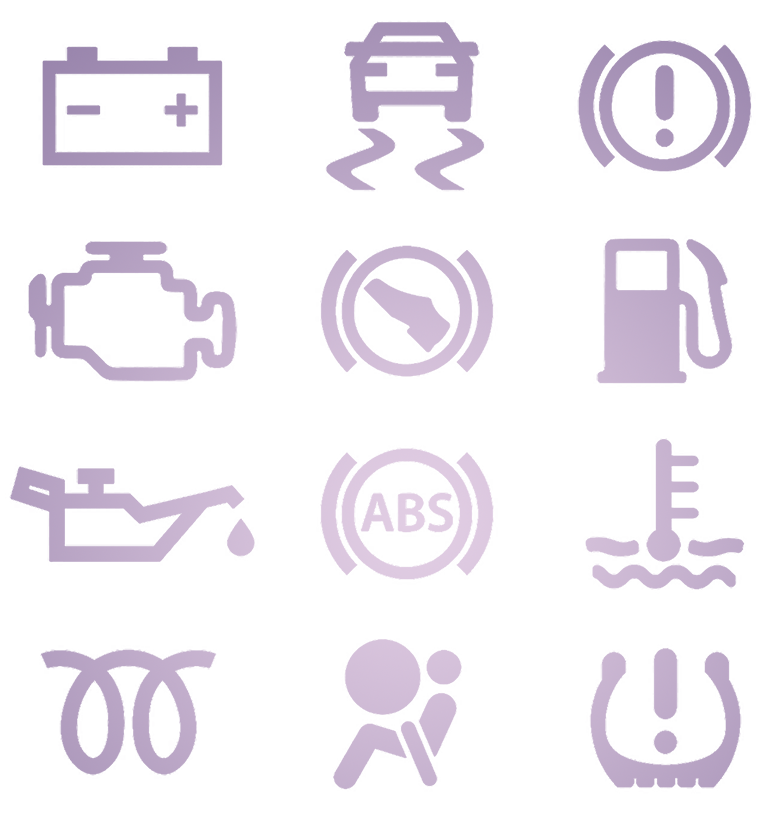OUR WHY

PRECISION IN HEALTHCARE
What if your body had a check engine light?
What if we could predict health issues earlier or even before they occur? This is our goal – to promote your health by identifying risks, detecting issues early, and making timely interventions that take into account your unique characteristics and needs from discovery to recovery.
Our Focus

Health Innovation
Advance digital health technology to detect problems before they start and to take action

Clinical Validation
Focus on patient level data to identify experience and workflow gaps thru research and grants

Care Navigation
Provide access to experts for empowered smart decisions along the entire health journey
ACHIEVING HEALTH EQUITY
Improving health for each of us and all of us
Our goal is to identify and understand risk factors that contribute to health disparities, and to develop strategies to reduce or eliminate them.
MORE
Everyone deserves the opportunity to attain their full health potential, regardless of their social, economic, or environmental circumstances. This means that factors such as your race, ethnicity, income, education, and other social determinants of health should not be barriers to accessing high-quality healthcare and other resources that can promote your health and well-being.
MORE
Everyone deserves the opportunity to attain their full health potential, regardless of their social, economic, or environmental circumstances. This means that factors such as race, ethnicity, income, education, and other social determinants of health should not be barriers to accessing high-quality healthcare and other resources that can promote health and well-being.
HEALTH PROMOTION
We empower you with choice and control.
We believe in transparent and shared decision-making between the patient and the provider.
MORE
We help you understand and navigate your health risks. You’ll have the knowledge and tools you need to make informed decisions about screening, testing, and prevention — powered by our consortium partners — to ensure you have deeper insight into your unique health risk profile and to develop a personalized care plan.
MORE
We help you understand and navigate your health risks. You’ll have the knowledge and tools you need to make informed decisions about screening, testing, and prevention — powered by our mission partners of virtual clinical experts and innovative health technologies — to ensure you have deeper insight into your unique health risk profile and to develop a personalized care plan.
REAL WORLD DATA
Research that matters
We focus on initiatives that are clinically useful right now, that bridge care gaps, advance our knowledge, and drive changes in experience.
We make it easy for you to participate in our research studies that improve your health. while keeping you in control of your personal data.
OUR CONSORTIUM
We are in it together
We are a team of advocates, patients, clinicians, researchers, and digital health innovators.
Join the One Size Fits One™ Movement!
Support Our Initiatives
We are building a network of partners whose work promises to fulfill our vision to help individuals with elevated health risk, especially those with additional barriers to care due to adverse social determinants of health.
We enable you to support specific initiatives that align with your personal mission.



